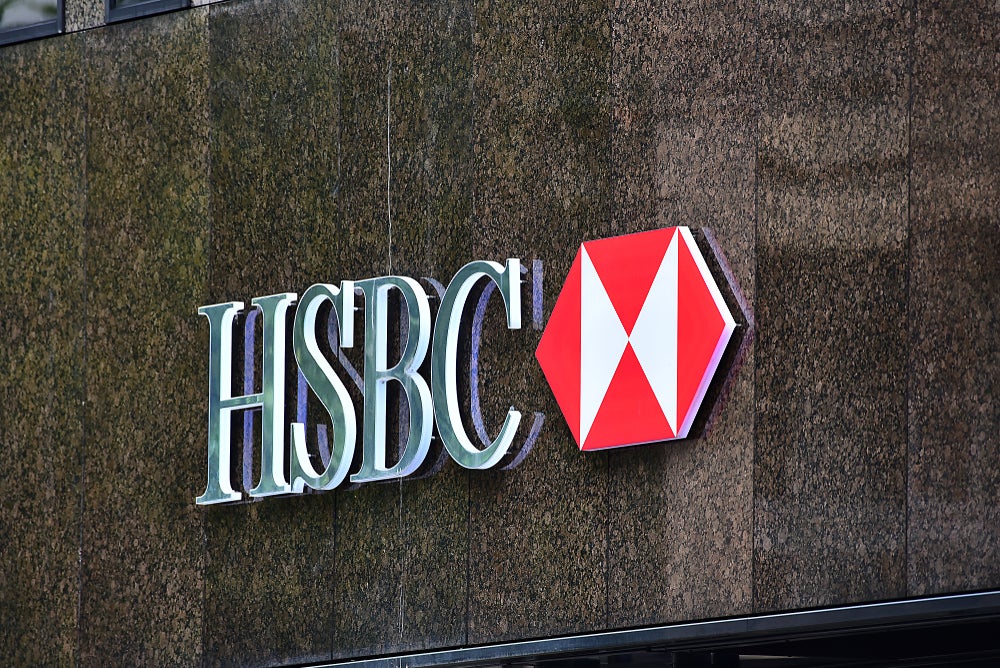
HSBC Holdings is considering selling its South Africa assets as the lender concentrates on Asian markets.
Reported by Bloomberg, banks from the region, China, and the United Arab Emirates are among the bidders showing interest in the South African branch business and securities operation.

Access deeper industry intelligence
Experience unmatched clarity with a single platform that combines unique data, AI, and human expertise.
No transaction is guaranteed to proceed, and the specifics of any possible agreements have not yet been agreed.
Since 1995, the London-based bank has served Africa’s largest and advanced economy.
The main businesses of HSBC Africa include international markets, global banking, and commercial banking. Following the sale of its South African operations, HSBC will essentially leave sub-Saharan Africa. The corporation had previously sold its retail and business banking divisions in Mauritius to Absa Group Ltd.
Under recently named chief executive officer Georges Elhedery, HSBC, which operates in more than 50 markets, has been looking for methods to further reduce costs and complexity, following in the footsteps of Citigroup CEO Jane Fraser’s plan.

US Tariffs are shifting - will you react or anticipate?
Don’t let policy changes catch you off guard. Stay proactive with real-time data and expert analysis.
By GlobalDataElhedery began working at HSBC in 2005 and has nearly thirty years of experience in financial services, holding a number of notable positions across the globe.
He expressed: “I am deeply honoured by the trust placed in me to lead this great institution into the future. Working together with our talented team, I look forward to delivering exceptional value to our clients and investors by driving strong performance on a sustainable growth trajectory.”
Meanwhile, HSBC proposed an overhaul that would simplify its worldwide banking operations and make it more like its larger competitors.
The restructuring of some of its industry-coverage units into five larger groupings is considered as the latest indication that the lender is preparing for a world in which interest rates are likely to fall.
Over the past three years, the lender has made a deeper strategic turn, expanding its ties to Asia. It has sold off significant Western companies, including its interests in France and Canada, and has redirected funds, mostly to Southeast Asia and China.







